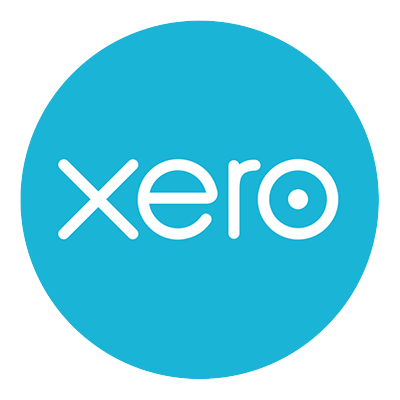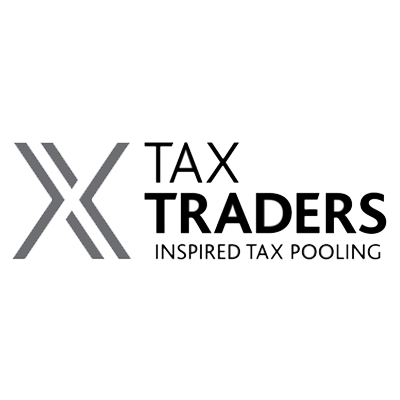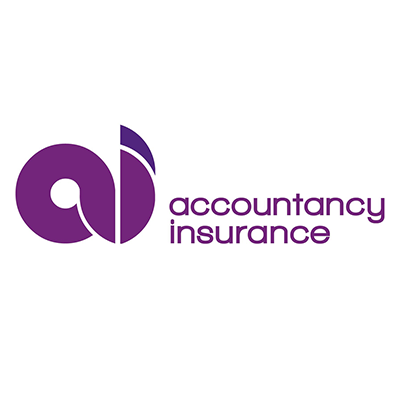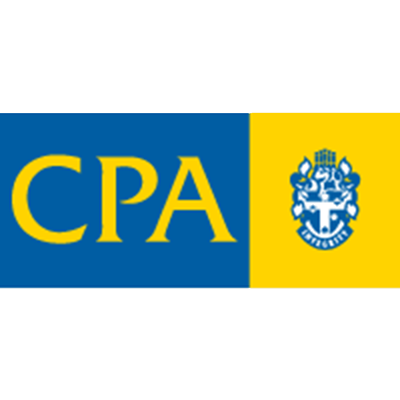Claiming entertainment expenditure
Entertaining current and potential clients is part of an integral part of doing business. These client breakfasts, lunches or dinners create opportunities to get to know each other on a more personal level while still having a business meeting as usual.
Business owners not only need to show they are knowledgeable about their business, but also be able to connect with their clients at both personal and business level, showing genuine interests in your clients’ needs.
Understanding how entertainment expenditure incurred by your business is being treated for tax purposes is important as it may help reducing your end of year tax bill. Furthermore, as business-related entertainment expenditure can be occasionally mixed up with personal entertainment expenditure, the Tax Department tends to keep a close eye on them in audit.
If you, as an employer, from time to time, provide your employees or their associates with non-cash benefits such as, food and drink, gifts or leisure activities, you may also have to pay fringe benefits tax (FBT) – as this may be classified as providing entertainment being enjoyed or received by your employees.
Business-related entertainment expense
Specific rules apply to different categories of entertainment. Some entertainment expenses can be fully deducted, while others can only be 50% deducted.
If your business is registered for Goods and Services Tax (GST), you can usually deduct the full amount of all your business-related entertainment expenses in your GST return. If the entertainment expenses are only 50% deductible, you would need to make an adjustment once a year for any 50% non-deductible portion.
An entertainment expenditure is business-related if you spend the money to help your business earn income. Two common examples are:
- Entertaining an existing or potential business contact
- Holding an event for employees to improve engagement, e.g., a party or team-building activity.
If the expense does not help your business earn gross income, it is treated as a private expense and you cannot claim it as a tax deduction, even if you paid for it out of your business account.
In general, there are three major types of business entertainment expenses for tax purposes:
- 100% deductible, not liable for FBT
- 50% deductible, not liable for FBT
- 100% deductible, liable for FBT
(i) 100% deductible, not liable for FBT
Entertainment expenses will be 100% deductible and not liable for FBT if they are completely business related. These expenses include, for example,
- meals an employee buys while travelling on business (unless it is with an existing or potential business contact, or the meal is a celebration, reception or similar event – in these situations it would only be 50% deductible).
- food and drink provided at a conference, education course or similar event that lasts at least four hours (unless the conference is mainly for entertainment – in which case it would only be 50% deductible).
- light meals provided in a dining room for senior managers and consumed as part of their duties (such as, sandwiches provided during a board meeting).
- entertainment that promotes your business (as long as the public has the same access to this as your employees, business contacts or people associated with the business – if the public has less access it would only be 50% deductible).
- entertainment that is only a secondary part of either a function that is open to the public, or any trade display (for example, serving coffee at your business’s trade display).
- freebies promoting your business (such as, branded stationery, but excluding any given to employees or people associated with you – these are only 50% deductible).
- cost of providing entertainment to a person to review your business for a paper, magazine, book or other medium.
- entertainment provided at a discount, if your business regularly provides entertainment at market prices (for example, offering half-price meals at your restaurant).
- entertainment enjoyed outside of New Zealand.
(ii) 50% deductible, not liable for FBT
Some business-related entertainment expenses are 100% deductible. Others are set as 50% deductible because they have a significant private element. Even if you think that the private element was more or less than 50% of the expense, you can only claim 50% of the expense as a deduction.
Examples of this include:
- entertainment at sports or cultural events (for example, a corporate box).
- business use of a holiday home.
- hiring a boat and providing food and drink to people on it.
- food and drink you provide for social events or in an area set aside for senior employees (other than light meals as described under (i) above).
- gifts of food and drink that benefit your business and are enjoyed privately by the person who receives them (for example, if you give a bottle of wine to each customer who buys a car off you).
- ‘supporting expenses’ for other entertainment that is 50% deductible, such as hire of wine glasses and wait staff for a party.
(iii) 100% deductible, liable for FBT
Entertainment expenses will be 100% deductible and liable for FBT if they are received by employees because of the work they do. For example, a reward for a staff good performance, such as, a gift voucher or the provision of company motor vehicles for private use.
Any entertainment expenses that come under the 50% deductibility rules are not liable for FBT.











